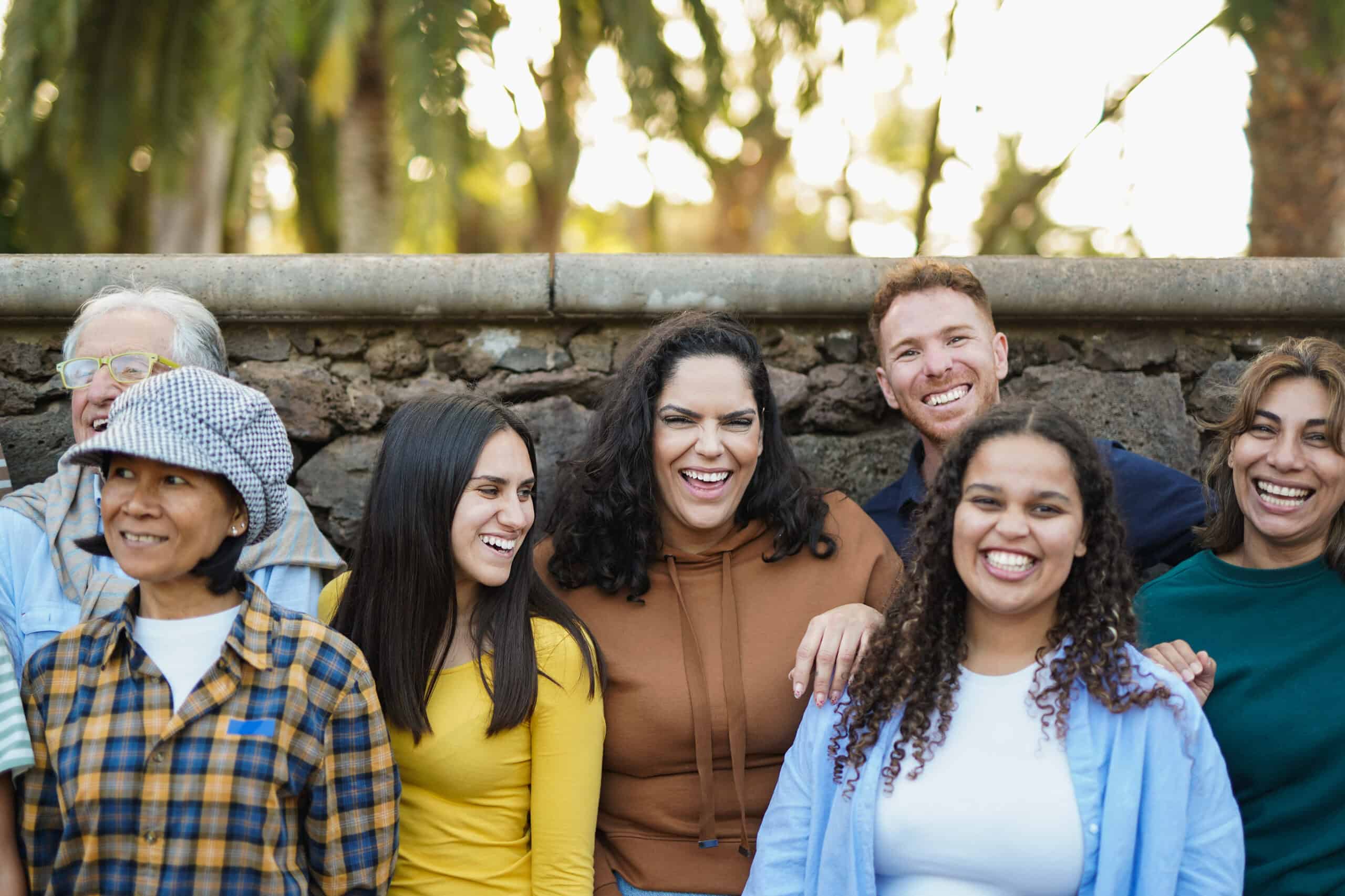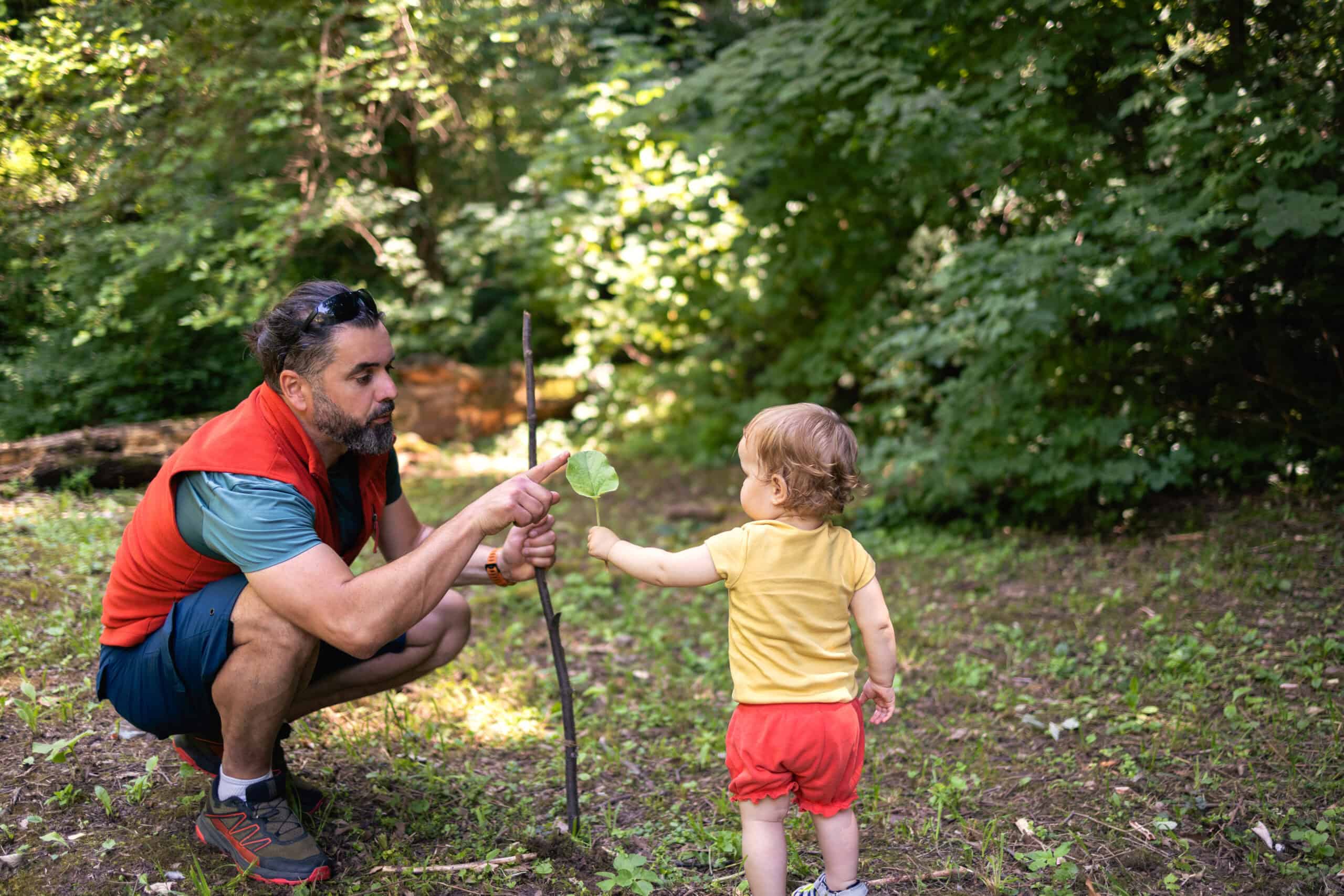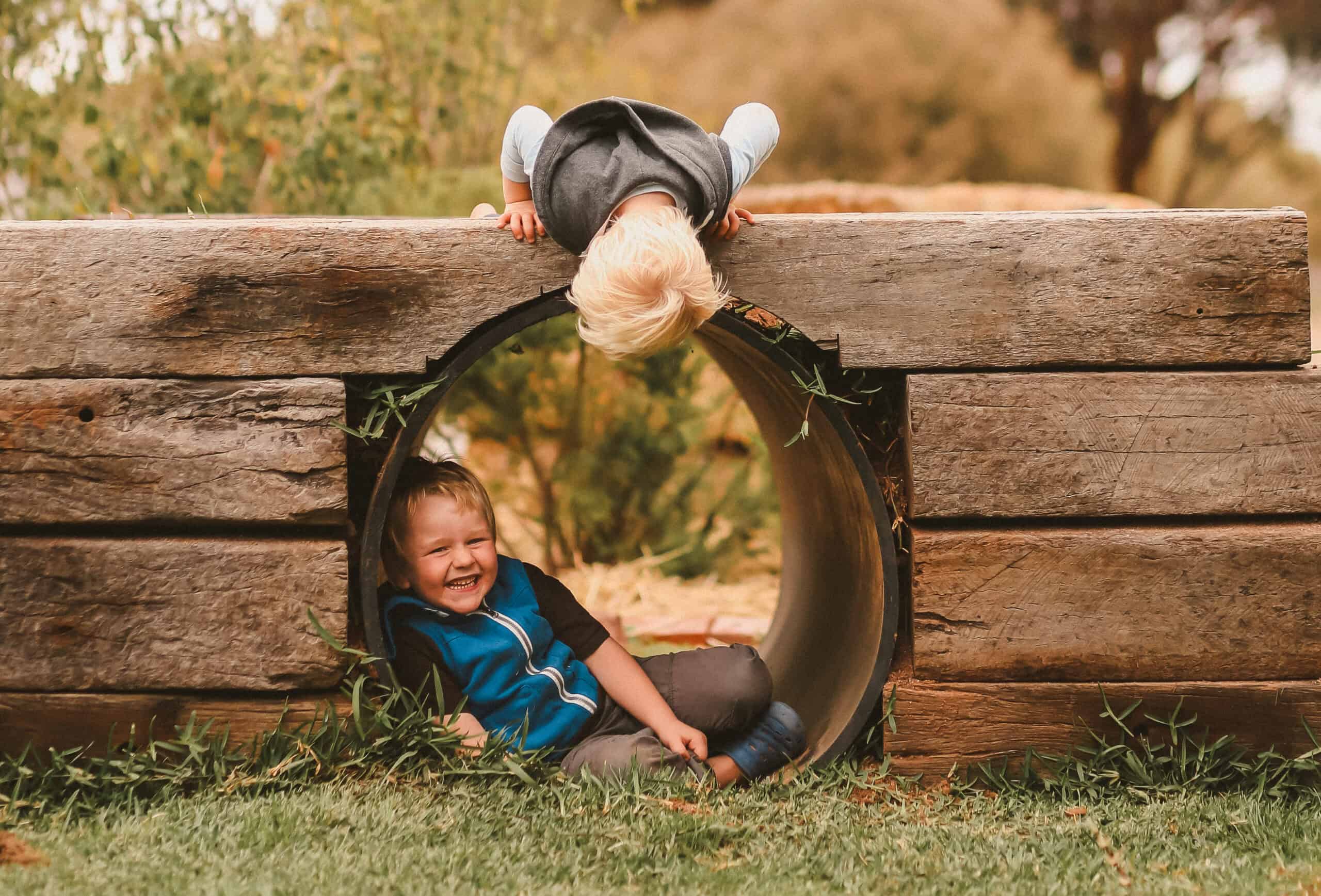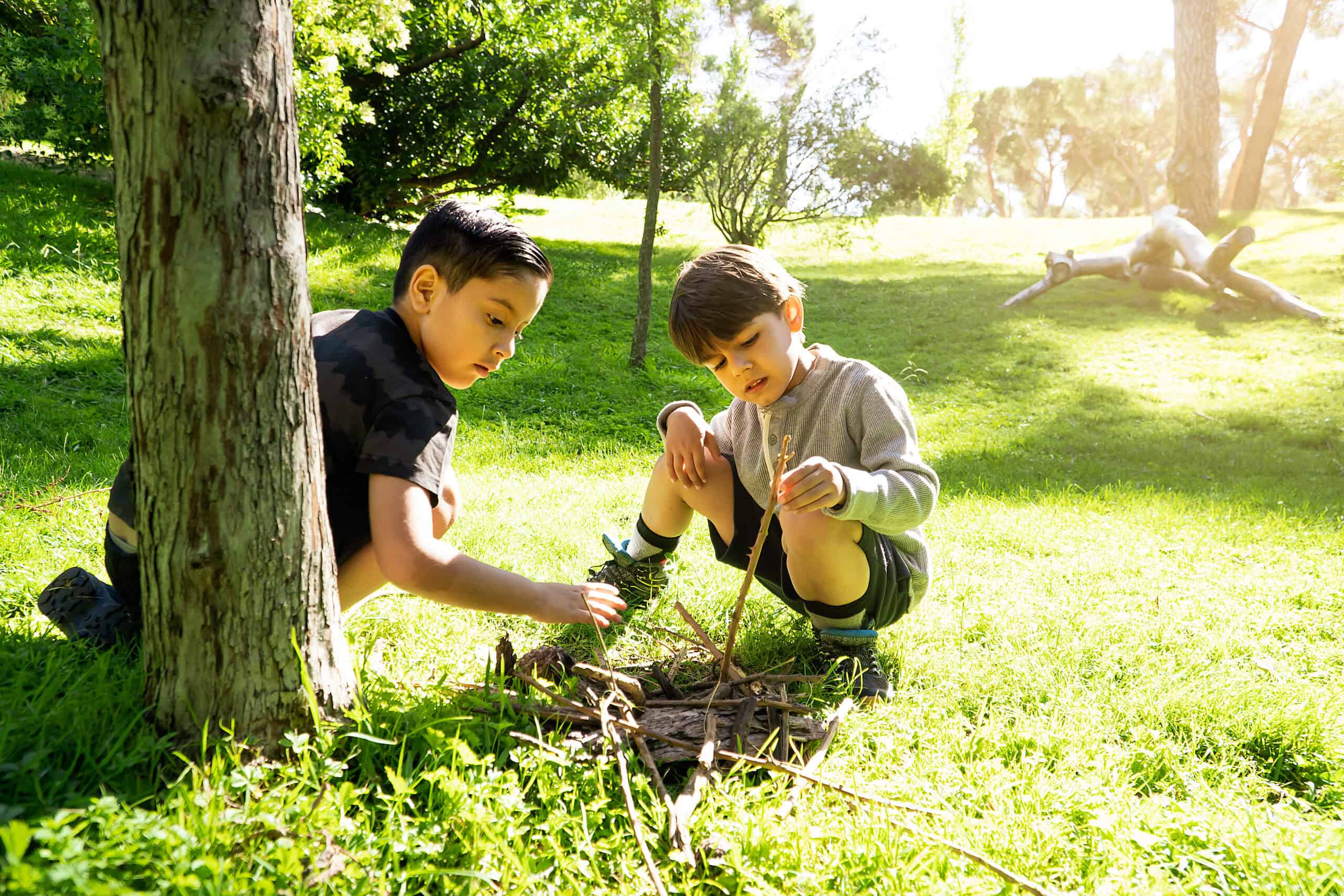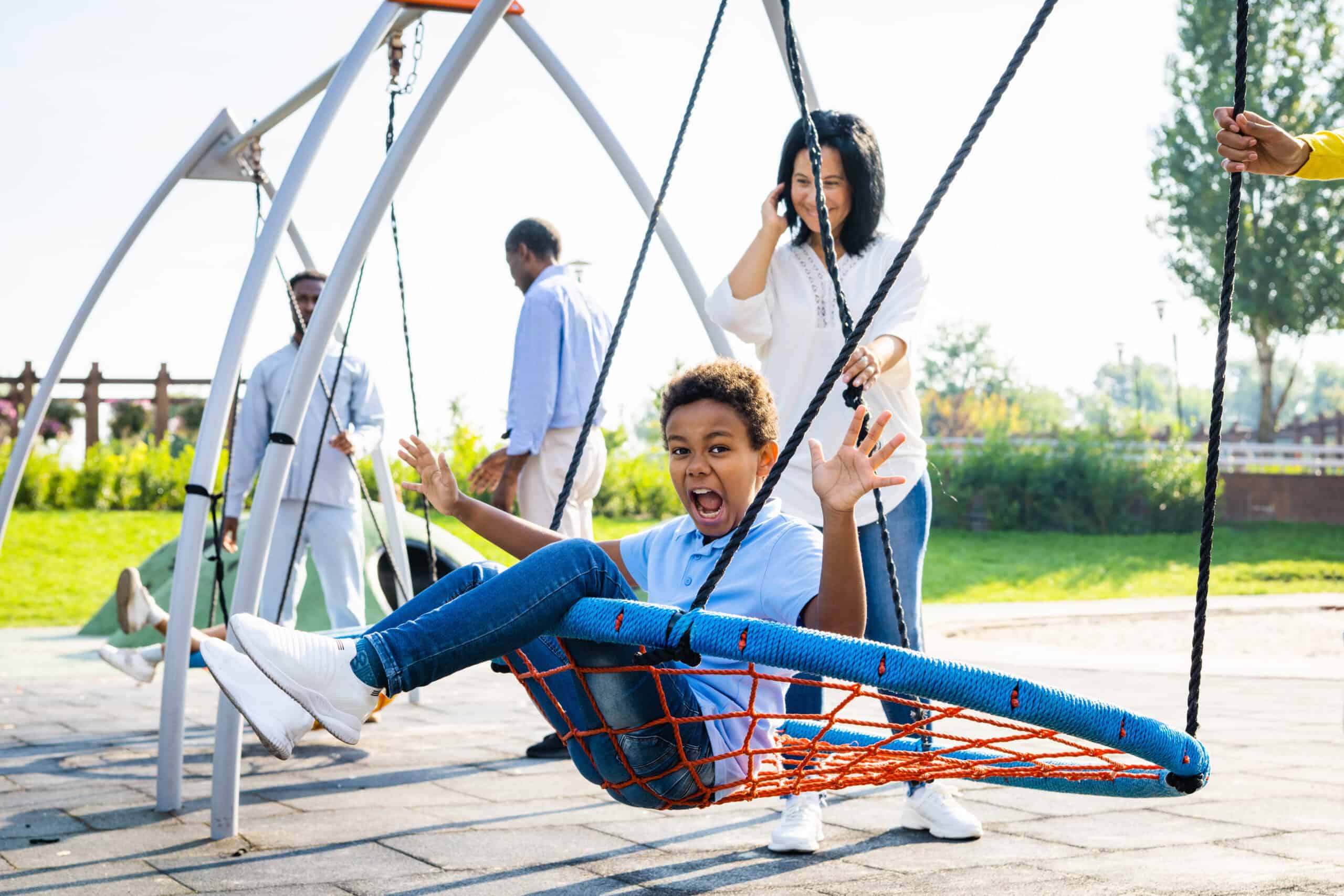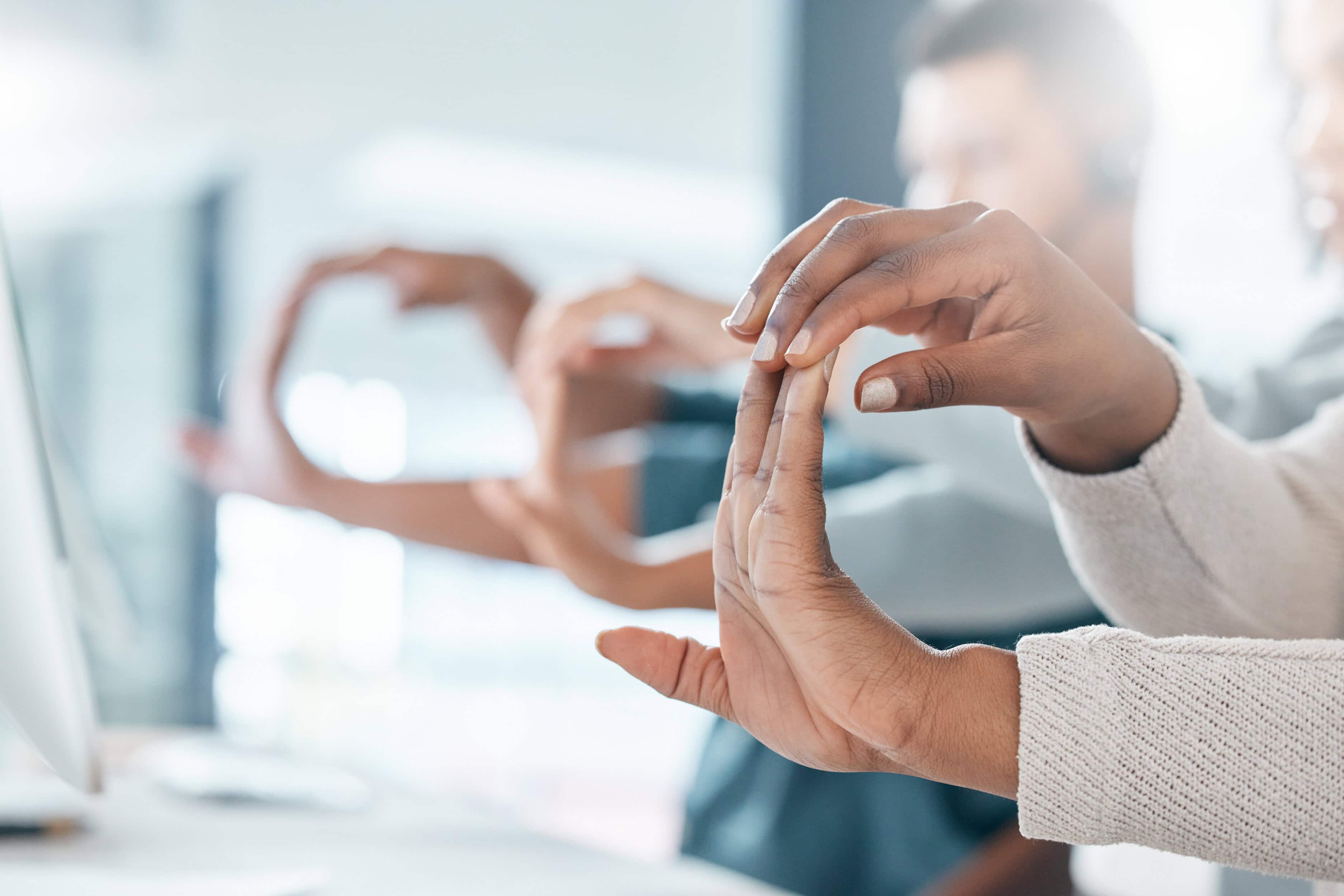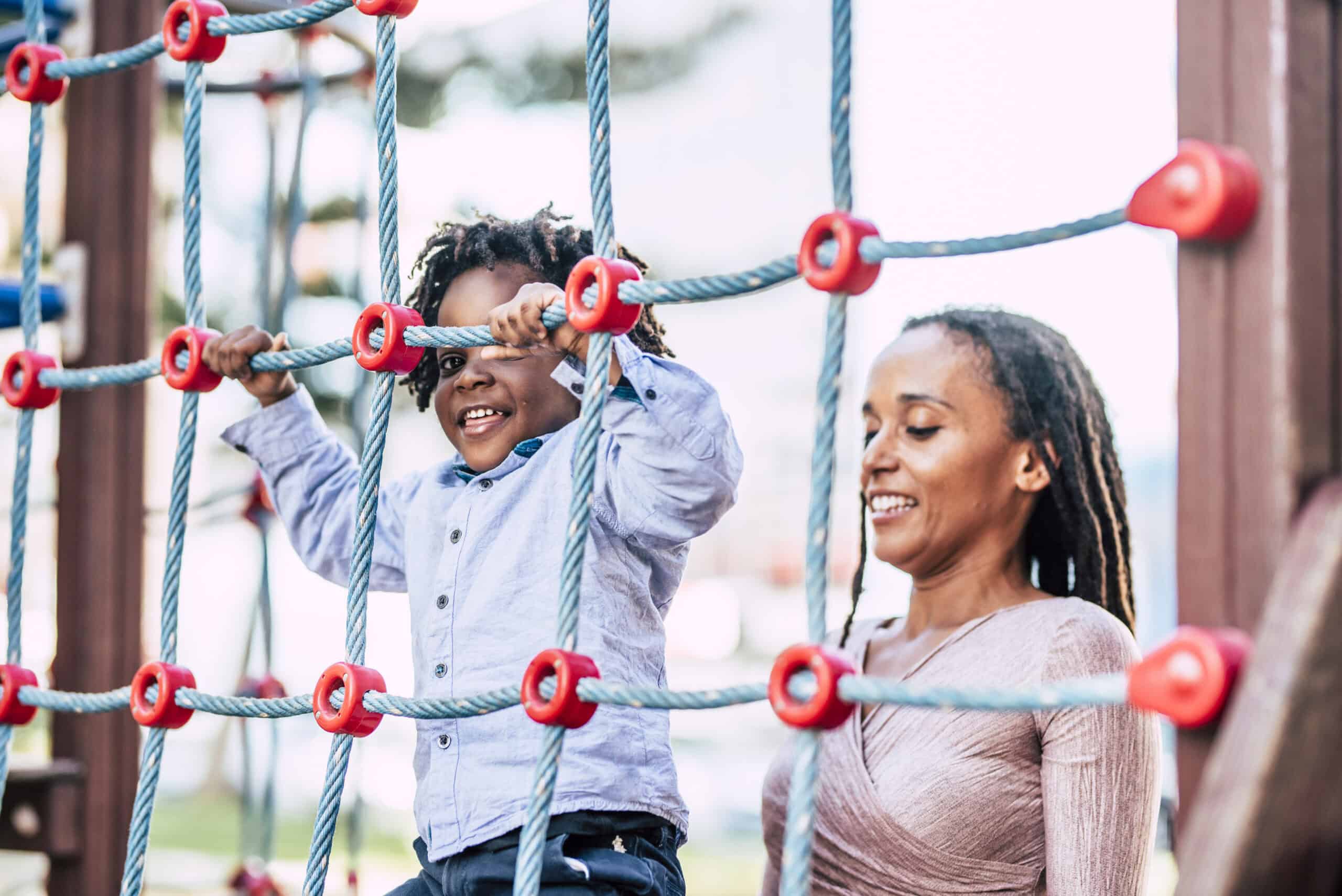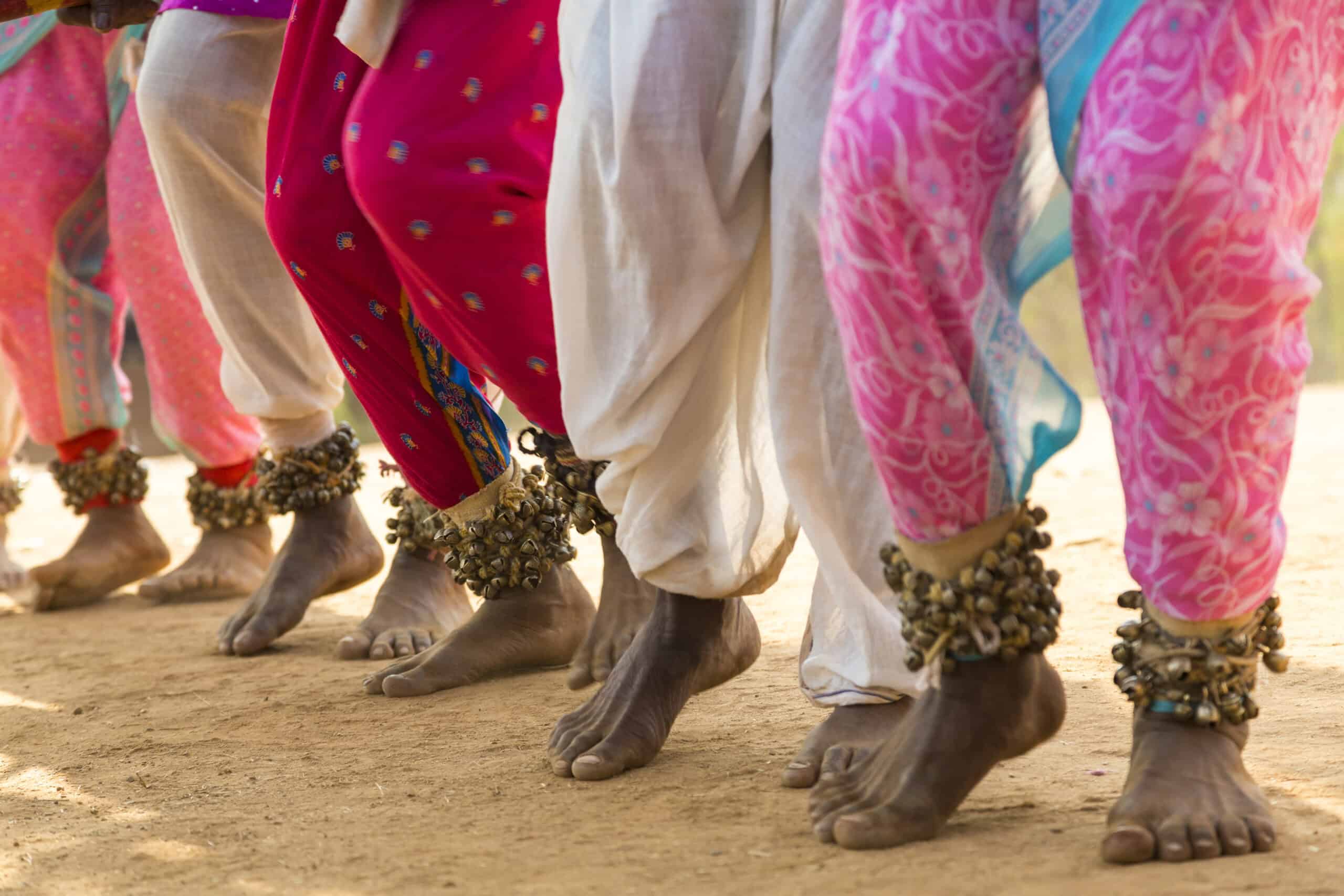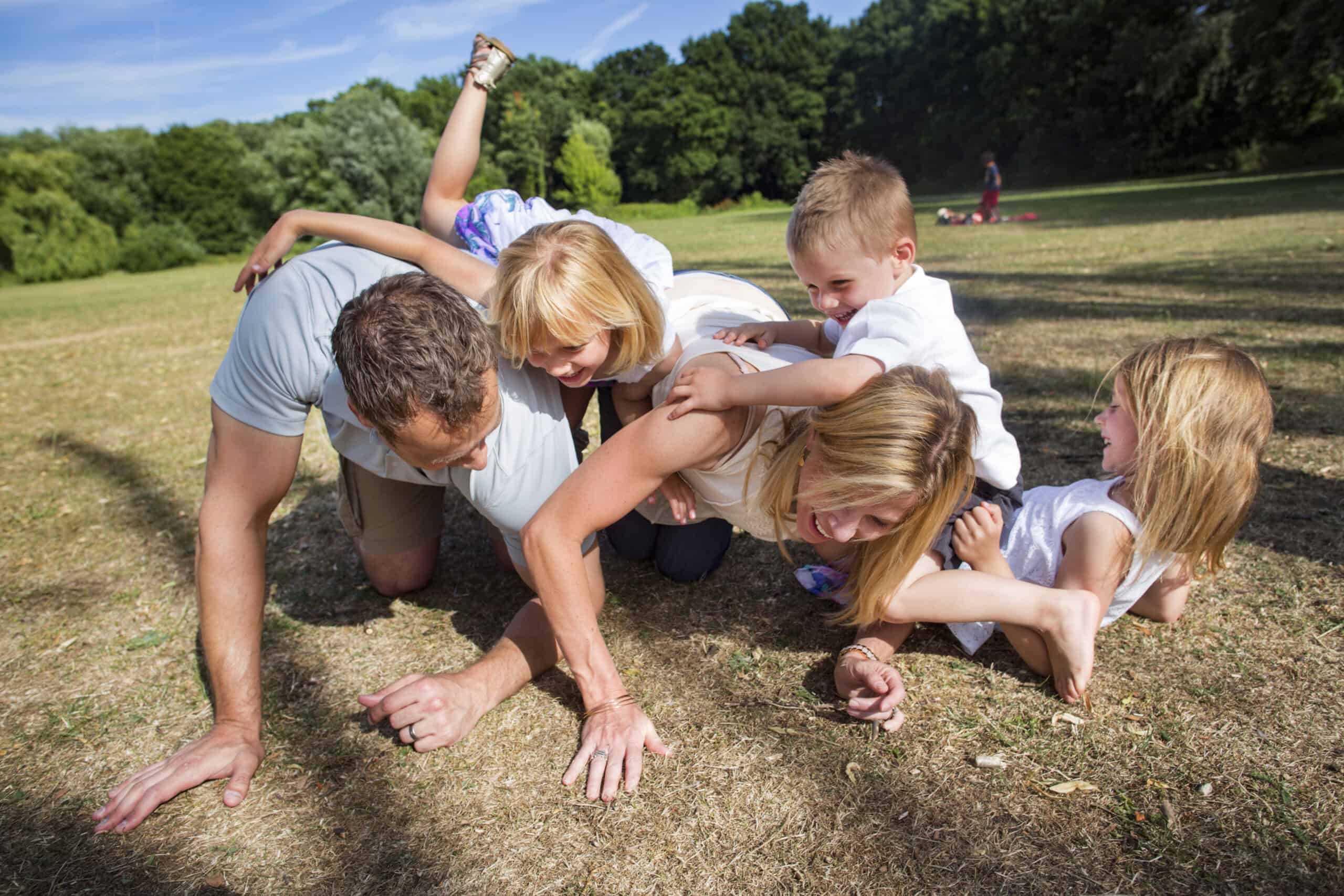Wellbeing Dimension: Personal Wellbeing
Personal Wellbeing supports nurtured selves by fostering physical health, spiritual purpose, and self-identity. This domain focuses on individual growth and balance, empowering members to thrive in their unique journeys. The Personal Wellbeing Domain includes Physical Wellbeing, Spiritual Wellbeing, and Identity Wellbeing.
-
Building Better Brains: How Play Strengthens Executive Function in Children
Have you ever wondered why some kids seem more focused, organised, or able to stay calm under pressure? Executive functioning has become a popularised brain word. What exactly is executive functioning? It is the brain’s way of processing information while regulating the self. It involves our working memory, planning, self-monitoring, time management, self-control and organisation.…
-
Moving Minds: How Movement and Productivity Intersect to Transform Modern Work
Have you ever noticed your best ideas come when you’re walking – not sitting at your desk? Movement and Productivity Connection That’s not a coincidence. Movement and productivity are deeply connected. Productivity is too often equated with stillness – think motionless bodies hunched over keyboards, eyes fixed on screens, and chairs that mould to the…
